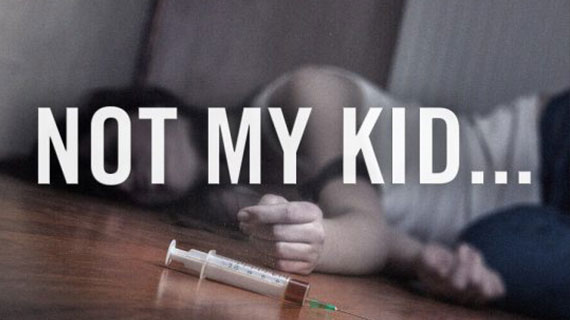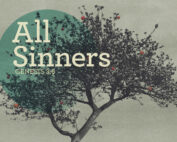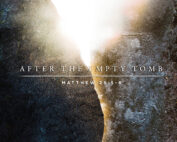Unless you’ve been living under a rock in recent years, you’re probably aware of the rampant prevalence of drugs and alcohol in our culture. Whether you realize it or not, many of your friends, family, and acquaintances struggle with substance abuse and addiction, and the celebration of the casual use and abuse of drugs and alcohol can be found in most of the songs, television shows, social media accounts, and magazine headlines of today’s pop culture. If you doubt this, just turn on your radio; I am confident that it won’t take long to change your mind. In fact, as I write this, four of the top five songs on Billboard Magazine’s Top 100 ranking for this week include references to drugs or alcohol.
You may be thinking, “Surely substance abuse is not that common. I don’t know anyone who uses drugs! Let’s look at some of the data. According to the Substance Abuse and Mental Health Services Administration’s 2015 National Survey on Drug Use and Health, 27.1 million people aged 12 or older used an illicit drug in the previous 30 days, which corresponds to about 1 in 10 Americans. 22.2 million individuals aged 12 or older reported current marijuana use, and 3.8 million people aged 12 or older reported current misuse of prescription pain relievers. 52.0 million people aged 12 or older were current cigarette smokers, while 30.2 million of these individuals were daily cigarette smokers, including 12.4 million who smoked approximately a pack or more of cigarettes per day. 138.3 million Americans aged 12 or older reported current use of alcohol, including 66.7 million who reported binge alcohol use in the past month and 17.3 million who reported heavy alcohol use in the past month. Approximately 20.8 million people aged 12 or older had a disorder related to their abuse of alcohol or illicit drugs in the past year.
Unfortunately, individuals are using drugs and alcohol at increasingly younger ages. The majority of the young men who come to the Paul Anderson Youth Home are caught in the throes of substance abuse and addiction. Some of them were exposed to drugs and alcohol as early as age 7. Within a month of turning 13, Jonathan, one of our alumni, had his first experience with alcohol and marijuana. It wasn’t long before he began selling pot; doing so allowed him to make money, get high for free, and gain popularity. By his freshman year of college, Jonathan was also selling ecstasy and cocaine. He had grown to personally prefer the easy-to-conceal cocaine, had also used ecstasy and heroin, and had no trouble finding customers amongst his peers at the private, Christian-affiliated college he attended. His world came crumbling down when some of the students’ parents brought their concerns about Jonathan to the school officials and he was ultimately arrested.
As parents, it’s easy for us to think, “I hear you, but my kid would never do something like that. This is a dangerous assumption. Jonathan was raised in a two-parent household by his loving family who ate dinner together every night and attended church together twice every week. They lived in a nice, safe neighborhood, and Jonathan went to private schools. His circumstances set him up for a successful life, and looking at him, no one would have ever guessed the level of deception, addiction, and darkness that consumed him. We must be wary when we find ourselves saying that our children are the exception. In fact, we should assume at the very least that they might encounter these temptations amongst their classmates at school, teammates at practice, or acquaintances at club. Talk to your kids, ask them questions, listen to their answers, and have honest conversations about drugs and alcohol. Know their friends and always be aware of where they are spending time. Monitor their cell phone and social media use. Stay involved and don’t ignore any red flags you might see or sense. Your children may feel hurt by what they perceive as mistrust, but sweeping any concerns you have under the rug won’t do them any favors.
None of this is meant to scare you, but rather to alert you to the dangers and temptations your children are facing. No adolescent is exempt from peer pressure, and as a parent, knowledge is power. Do you want to hear some good news? Jonathan made a full recovery from his addiction and the life of deception he had so tediously built. He salvaged his broken relationships, graduated college, fell in love, got married, and started a family. The Lord has restored his life, and consequently, he has an amazing testimony to share. As parents, let’s learn from Jonathan’s story. Be aware, be diligent, and remember that God is faithful and merciful when we fall short.
Emma Payne
Advancement Associate
Paul Anderson Youth Home
Stay Updated
Sign up for our monthly newsletter and weekly devotional










